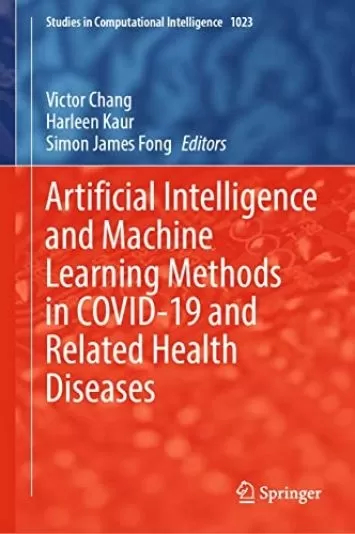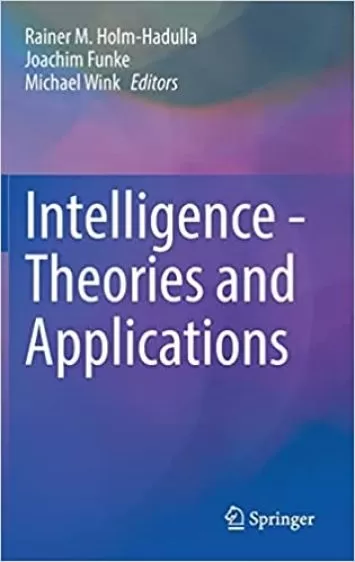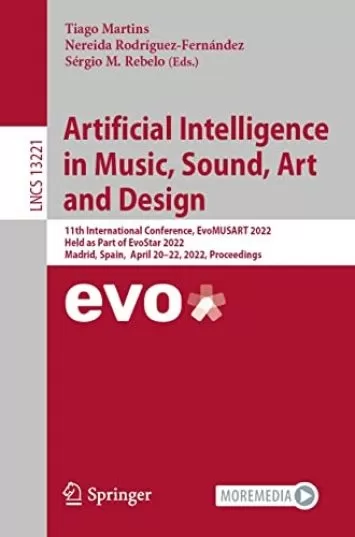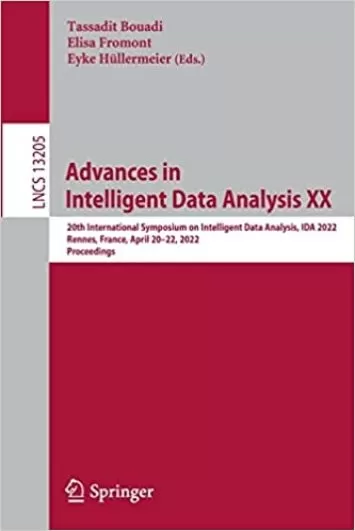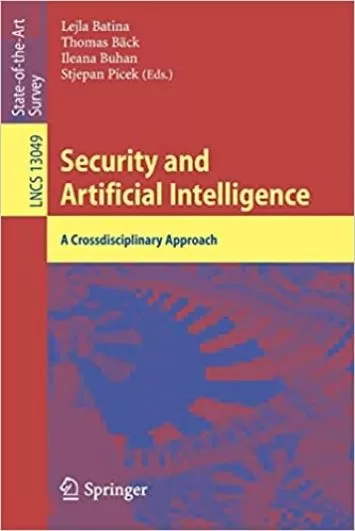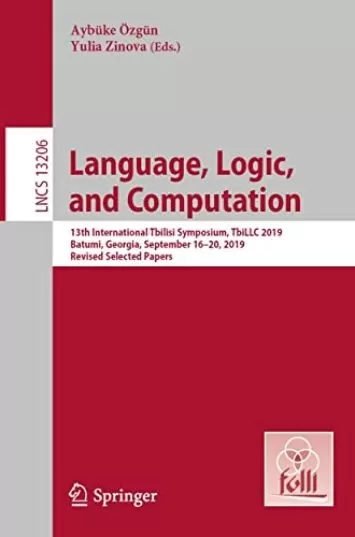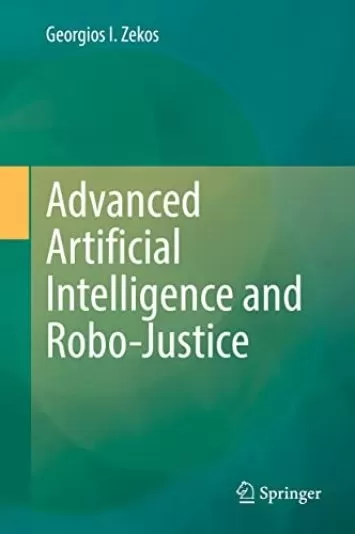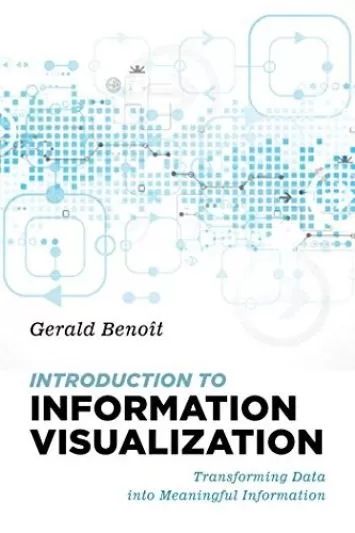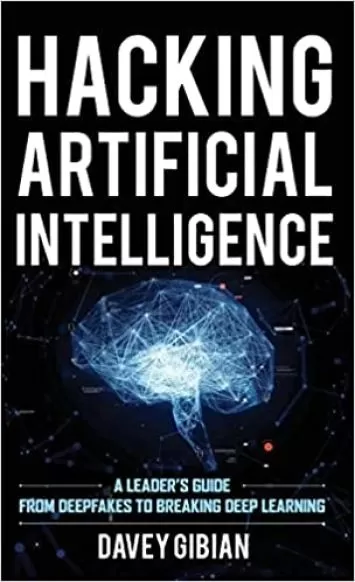
Artificial Intelligence: Rise of the Lightspeed Learners
Category
Author
Publication
Rowman & Littlefield Publishers
Review
Tech entrepreneur Jennings brings pragmatism, humor, and a dash of self-inflation to this convincing plea for Americans to inform themselves about and engage politically with the inevitable rise of what he calls Machina sapiens. Based on his view that artificial intelligence can be a net positive for humanityprovided its managed correctlyJennings warns against leaving decisions up to irresponsible parties, among whom he includes rogue states, the Chinese government, and Big Tech. Finding the U.S.s lack of a national AI policy 'both remarkable and negligent,' Jennings calls for a 'new American technology story,' in which development is spearheaded not by private companies but by the federal government, possibly using independent monitoring bodies similar to the Atomic Energy Commission. He also brainstorms ideas for new entrepreneurial tools, encourages state and city governments to crank up AI-centered economic development, and, in general, leans his optimism on the potential of well-informed, self-directed individualshe points to trucking and security as examples of American business sectors approaching AI with positivity rather than fear. . . . [Jennings] provides a substantial framework to support readers thinking about tech regulation. Publishers Weekly
Highly Recommended - Jennings, well known in the field of AI, looks at key AI issues humanity will face in the coming decades. One of his main themes is that AI-based technologies will be unpredictable and risky, a position he supports with extensive examples and research by leading scientists. Like many other high-impact technologies, AI will be impossible to control. Even if such control were possible, scientists do not know how to implement limiting mechanisms. For example, the implementation of ethical systems is notoriously difficult. Jennings discusses in detail work funded by governments of many countries to strengthen artificial intelligence research. The AI clock is ticking increasingly fast, and the existential AI crisis major governments face is undeniable. Jennings discusses how AI impacts economies, military organizations, business, and education. Many possible scenarios are dystopian. According to some visionaries, the AI explosion that will create unimaginable powersaka the singularity eventwill happen at the end of the next decade. On the plus side, one of the brightest areas of AI application will be in education, where smart algorithms will figure out how to teach most effectively. Both important and highly entertaining, this volume will be valuable to anyone interested in current and future political and technological issues. CHOICE --This text refers to the hardcover edition.
About the Author
Charles Jennings is a serial entrepreneur, writer, and speaker who has been starting and running growth organizations for over 40 years. He was founder or CEO of three successful Internet companies launched in the 1990s. Jennings has written several books on technology, including the seminal work, The Hundredth Window: Protecting Your Privacy and Security In the Age of the Internet (2000), which was translated into five languages. Jennings has been a regular newspaper columnist (for the Seattle Times, and others); from 2014-2017, Jennings served as CEO of NeuralEyean AI company set up to transfer technology from Caltech/JPL to the commercial market. Jennings is an experienced and entertaining public speaker whose credits range from his TEDx talk, From Armadillos to Monkeys, to a keynote at the UN 50th Anniversary Conference on the Declaration of Human Rights in Toulouse, France. Jennings is still an active keynoter on AI at conferences around the world. Jennings has long been a thought leader in Internet trust and security. He was a delegate to the Nobel Technology Summit in Oslo, and named by Federal Computing Week as one of the 100 Most Influential People in Government technology. Hes a recipient of the prestigious lifetime achievement award of the Oregon Entrepreneurs Network, and was also the subject of a major feature story in Wired magazine (December 2005 issue).
--This text refers to the hardcover edition.





